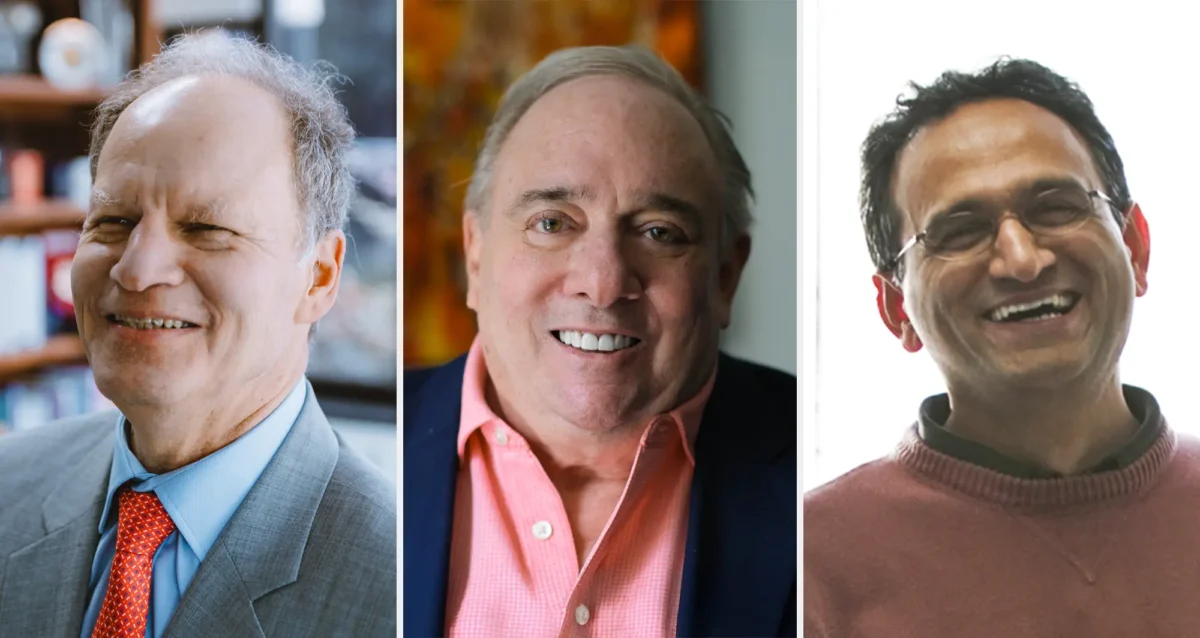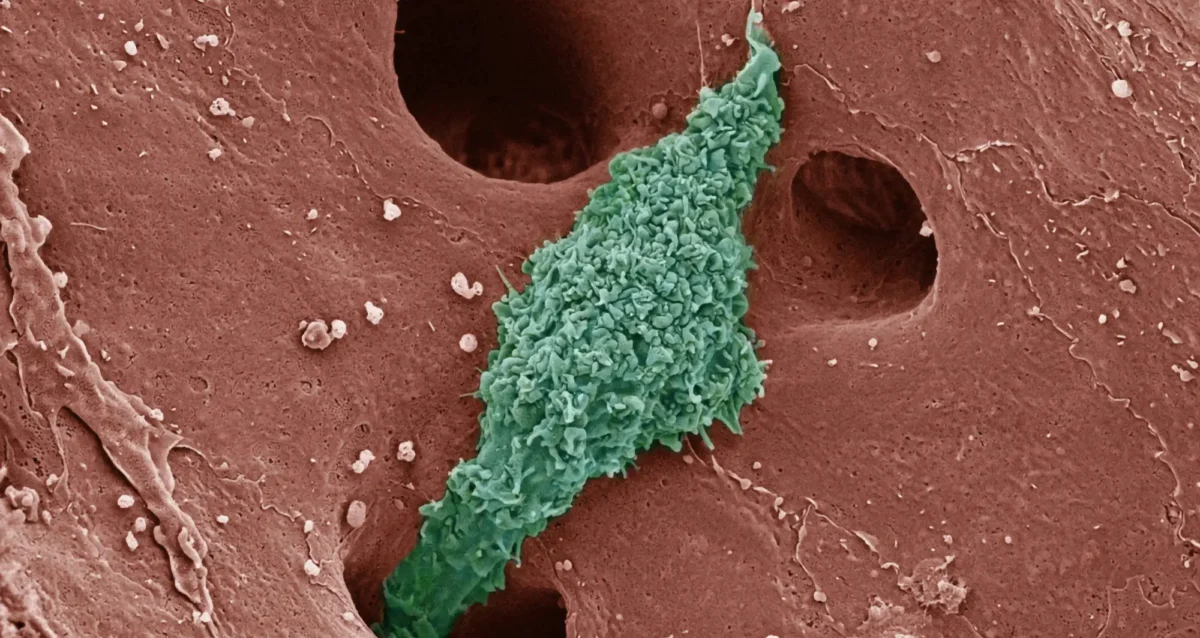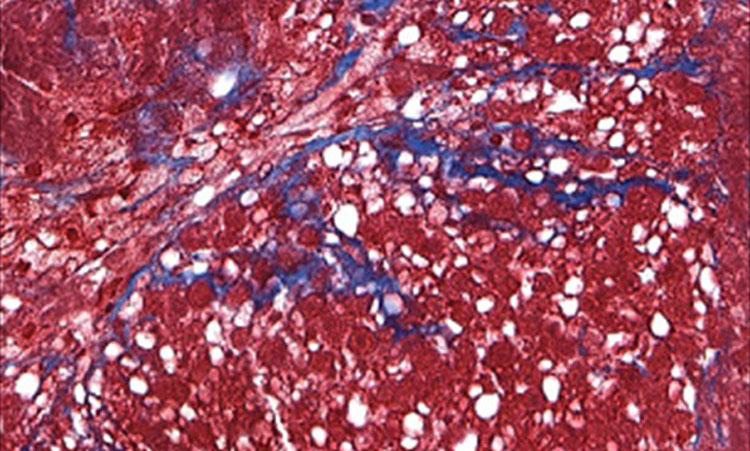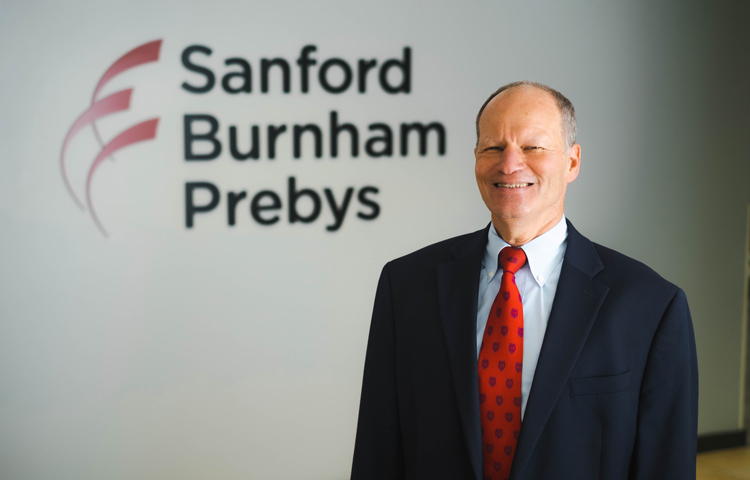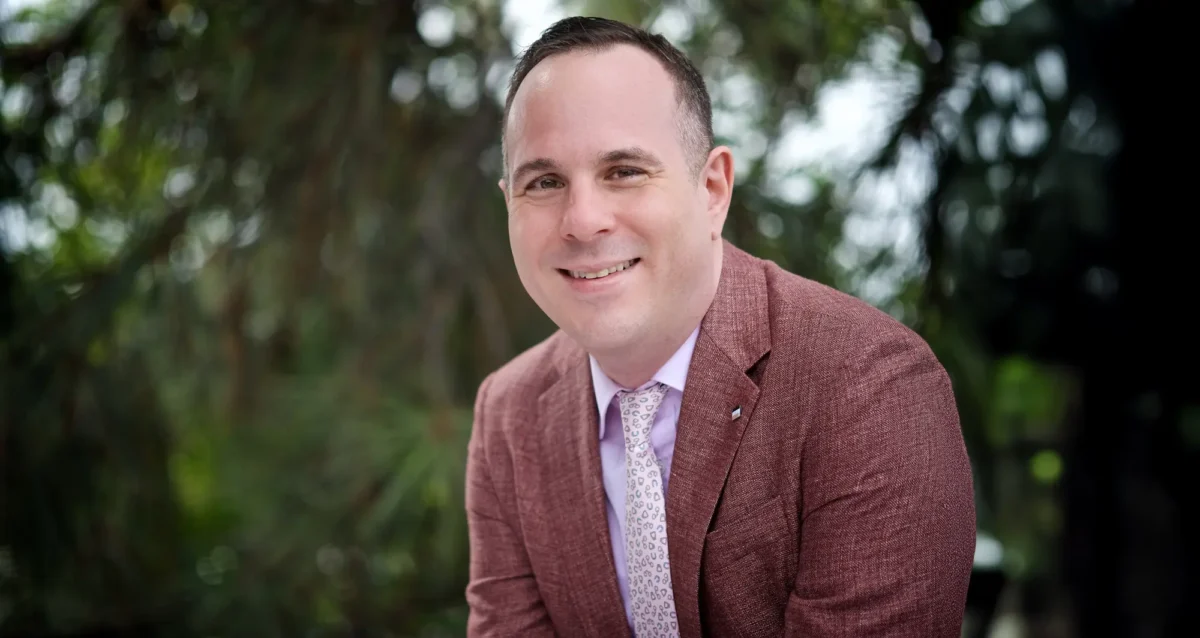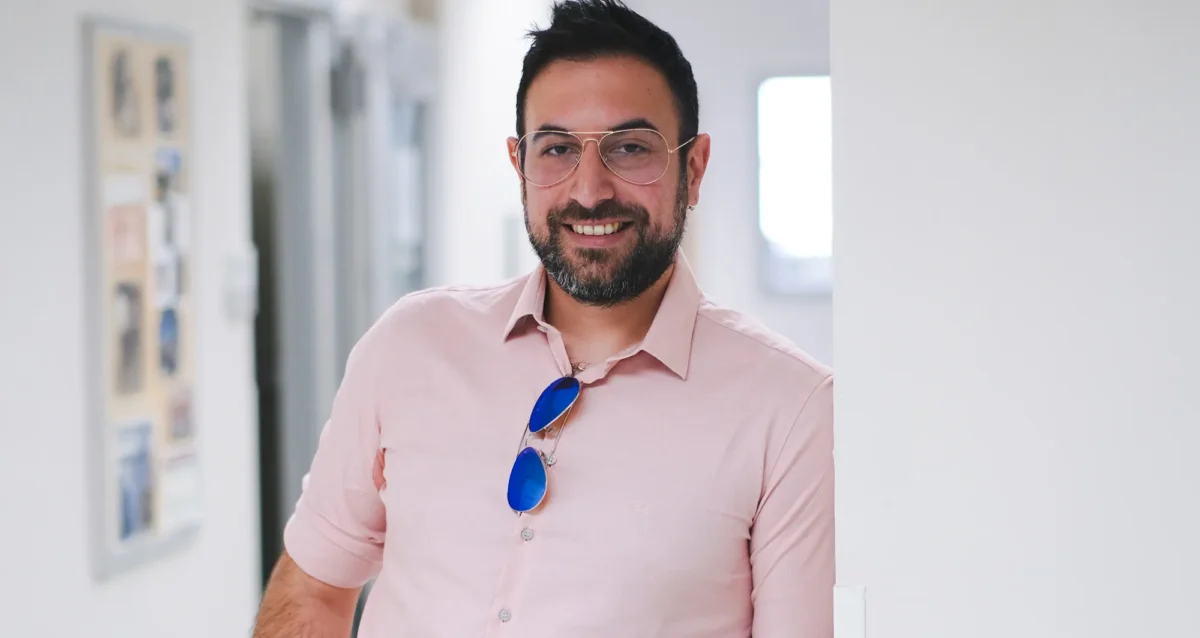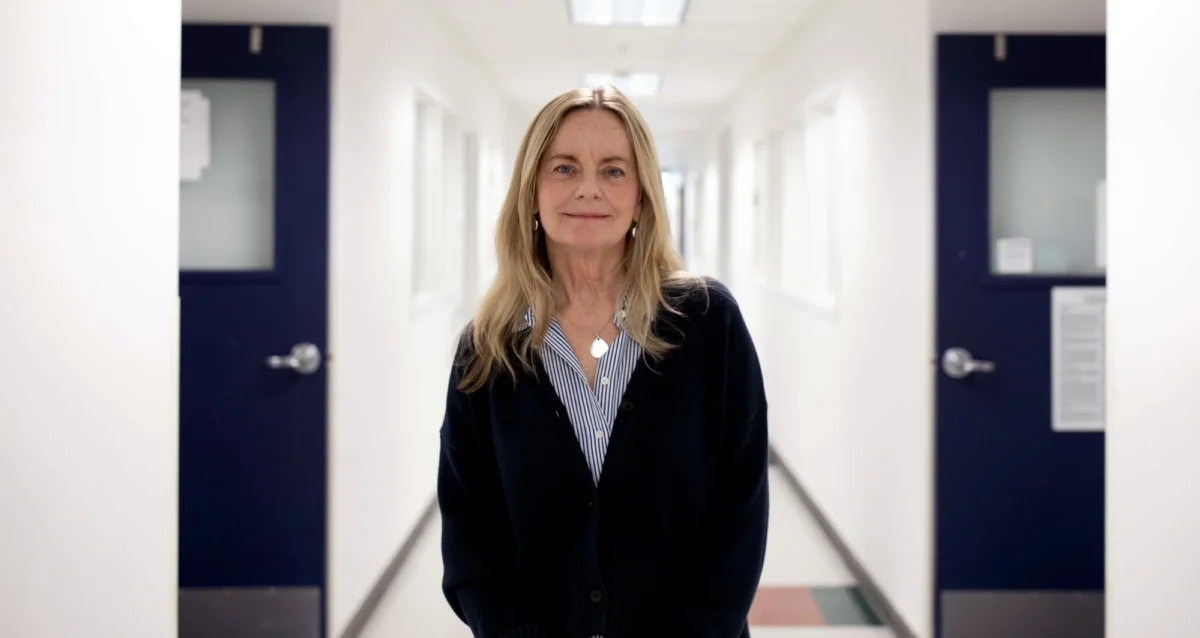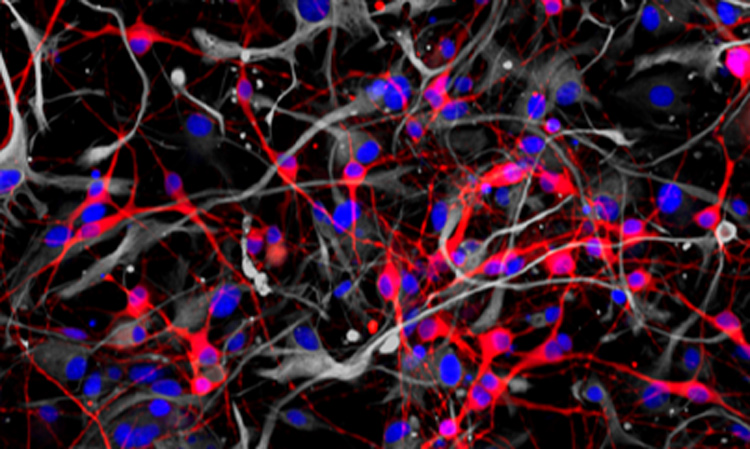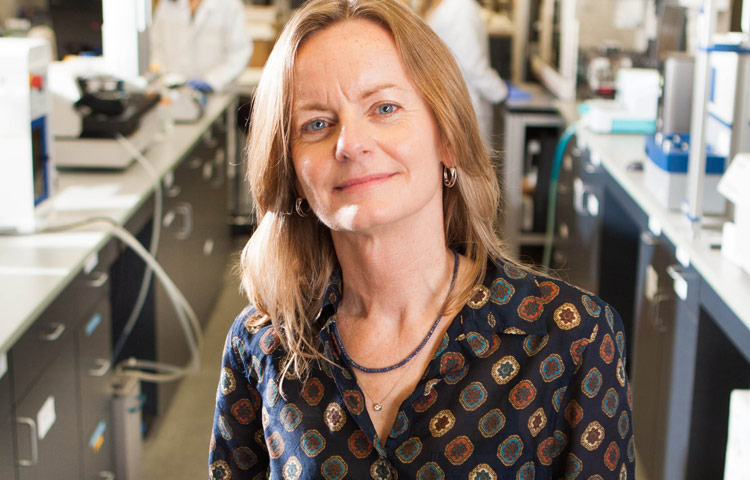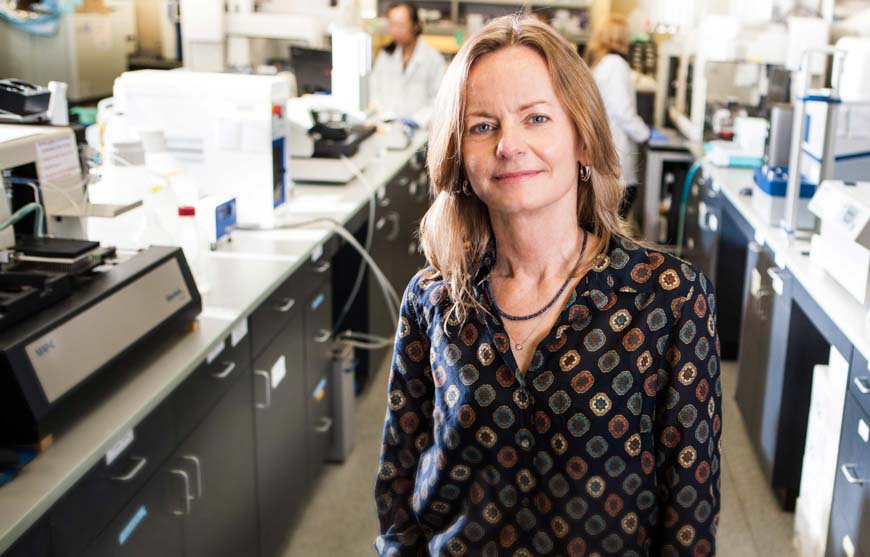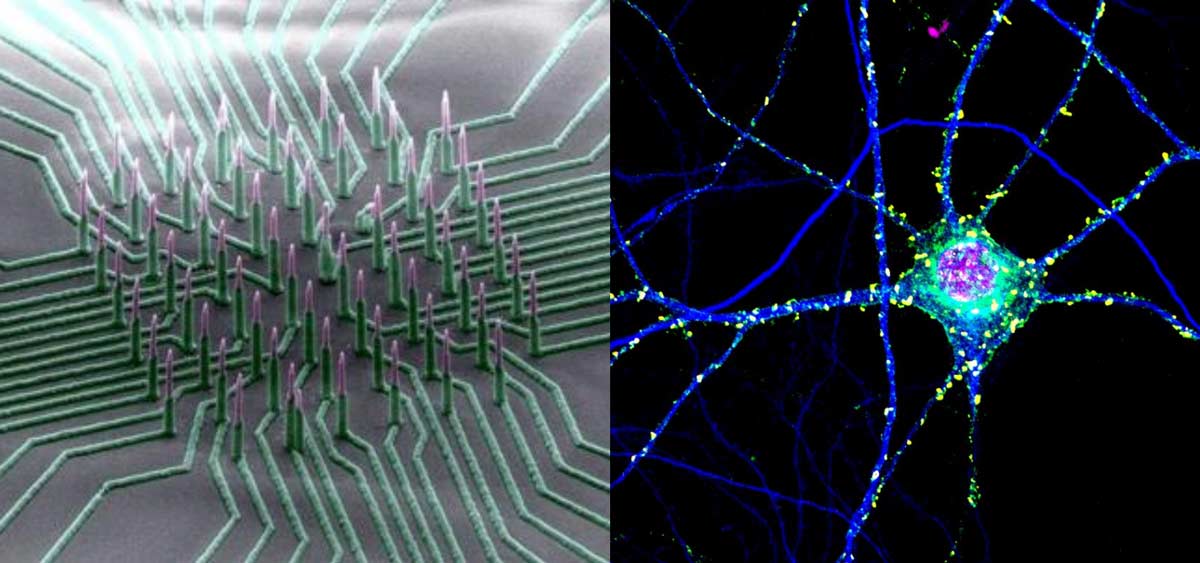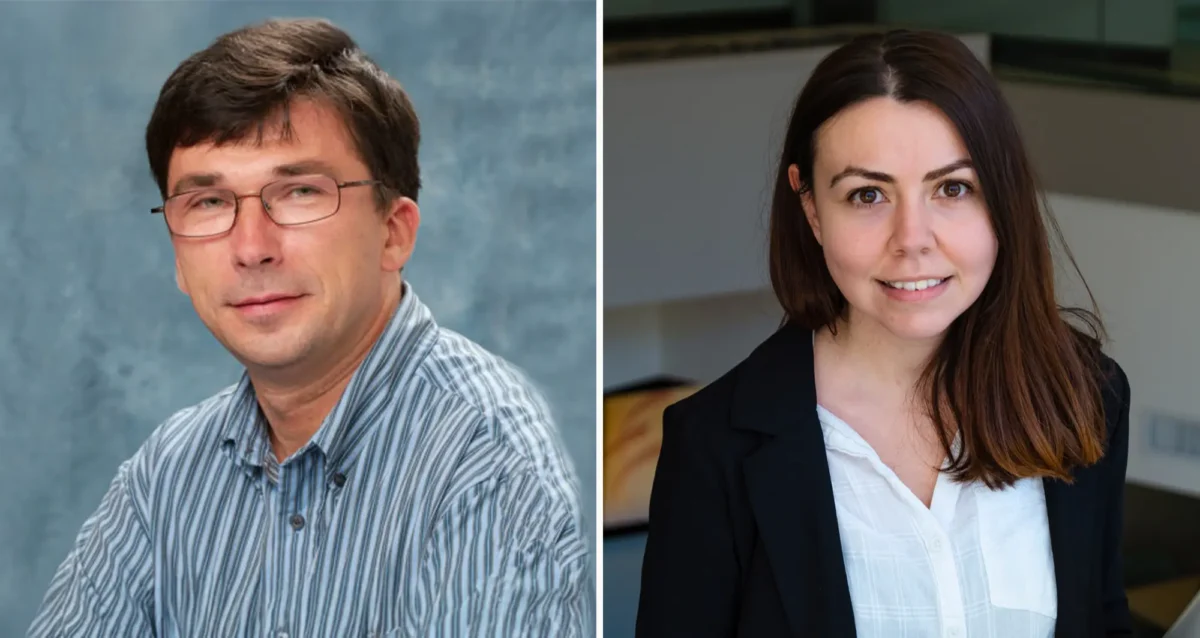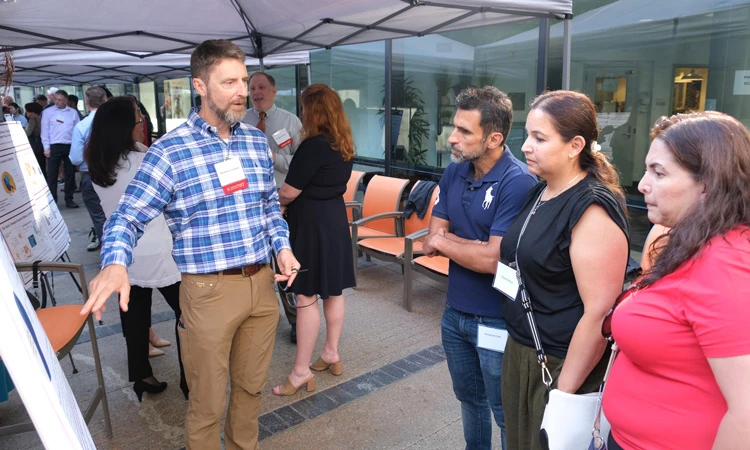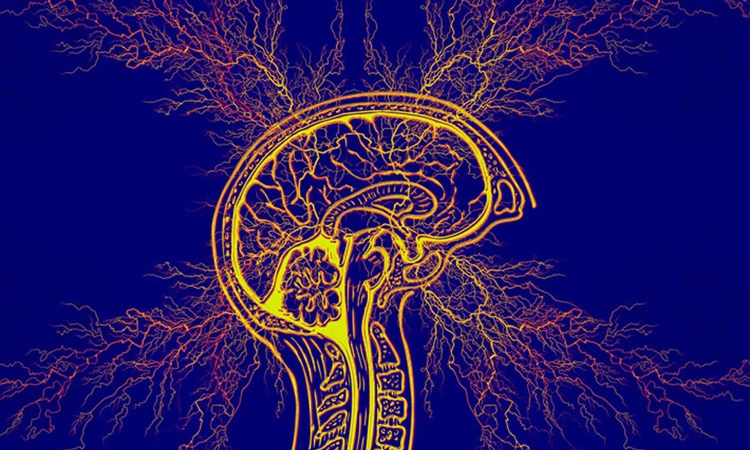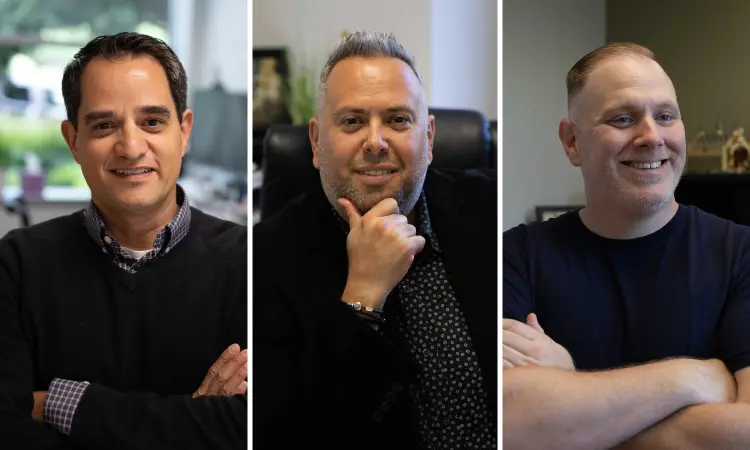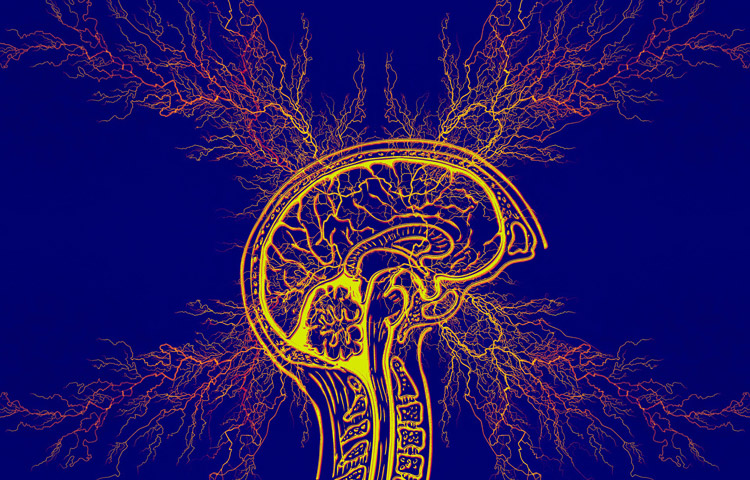Dr. Thomas “TC” Chung brings over 28 years of preclinical drug discovery and development expertise in and experience with both not-for-profit and for-profit sectors. He focuses on sustaining and developing strategic alliances and partnerships to enable translational programs with not-for-profit and for-profit organizations.
Just prior to rejoining Sanford Burnham Prebys in October of 2017, Dr. Chung spent two years as the Associate Director of the Office of Translation to Practice at the Mayo Clinic in Rochester, MN where he managed open innovation alliances with pharmaceutical companies, and milestone-driven translational funding programs for all three Mayo sites (MN, FL, AZ) to advance small molecule drug targets , biologics, medical devices and e-health research into transactable assets. He also partnered with Mayo Clinic Ventures for final licensing or commercialization of assets. Dr. Chung served on two Mayo NewCo ventures as an internal subject matter expert, performing due diligence on potential assets. He also managed clinical supplies fulfillment for a clinical trial.
From September 2007 to June 2014, Dr. Chung was responsible for strategic and tactical operations, as well as the bicoastal (CA & FL) infrastructure build out and final purchase of a world-class robotics screening facility for the Prebys Center. His work was critical for securing the center’s role as one of four comprehensive centers of the NIH Molecular Libraries Probe Production Centers Network (MLPCN), which garnered a six-year U54 grant award for chemical genomics of $98MM. During its time in the MLPCN, the center collaborated with 131 PIs from 42 institutions (academic, non-profit & biotech) in 31 locations spanning 4 countries to deliver 63 probes and author 54 probe reports resulting from 145 high- throughput screening (HTS) campaigns, which emerged from 125 targets and 385 total bioassays. TC also developed, negotiated funding and managed governance of three pilot and one major drug discovery alliances as MLPCN funding sunsetted.
Prior to Sanford Burnham Prebys, Dr. Chung had over 20 years in pre-clinical drug discovery in roles of increasing responsibility from a bench R&D scientist to Senior Executive for several major pharmaceutical companies (DuPont Pharmaceuticals, BMS, Merck, and GSK) and start-up biotechs (Pharmacopeia and Genoptix), to exiting as a Chief Scientific Officer. He has built and led world-class R&D teams and facilities that developed, acquired and integrated novel technologies in imaging, signal generation and detection, liquid handling, miniaturization, IT, high-throughput screening, biochemical and cell-based assay development, laboratory automation and robotics, compound management, Lead optimization, ADME/Tox profiling and analytical chemistry (HPLC/MS). Dr. Chung has managed discovery programs in cardiovascular, CNS, infectious (anti-virals, antibacterials & antifungals), inflammatory and cancer diseases, with expertise in biochemistry, enzymology, molecular and cellular biology, all target classes, signal generation and detection technologies, and expertise with instrument alpha & beta testing. He has over 50 peer-reviewed publications, in addition to seven book chapters, 54 MLP Probe reports, 26 invited lectures, 36 posters, and four issued and nine pending patents. He has been awarded over $2M of competitive funding from government entities and foundations for drug discovery projects.
Dr. Chung’s research interests, and academic and pharmaceutical industry training reflect his multidisciplinary and multifunctional expertise to bridge medicine, inorganic, organic and medicinal chemistry with engineering, scientific instrumentation development, robotics and best practice operational principles in service of drug discovery and development. He received his BS in chemistry from the Massachusetts Institute of Technology, did graduate work in bioinorganic chemistry at Stanford, and received his PhD in Chemistry from the University of California, Berkeley.
Career Highlights
- Project Manager (2009-2014) and co-author of Sanford Burnham Prebys’ NIH-funded Molecular libraries comprehensive screening center.
- Instrumental in successful execution and management of “first of a kind” collaborative translational agreements with the Mayo clinic in 2012, which continues today.
- Contributed to activities resulting in $10MM naming gift to support and establish the Conrad Prebys Center for Chemical Genomics in 2009.
- Collaborated with Dr. Jackson in establishing a regional drug discovery effort for Alzheimer’s disease in collaboration with Alzheimer’s San Diego, Mayor’s office San Diego and SD County Supervisor.
- Built and led a world class high-throughput screening & lead profiling/optimization cross-functional unit of 45 scientists with novel capabilities, led restructuring of this functional unit for higher productivity at DuPont Pharmaceuticals.
- Published seminal work in assay miniaturization and published the most cited reference on the assay quality metric, the “Z-factor”.
- 2015 recipient of Alzheimer’s San Diego “Hope & Courage Award”; serves on the Scientific Advisory Board of Stemonix, Inc. (Minneapolis, MN); served as the 2001 President of the Society for Biomolecular Screening (now SLAS).
